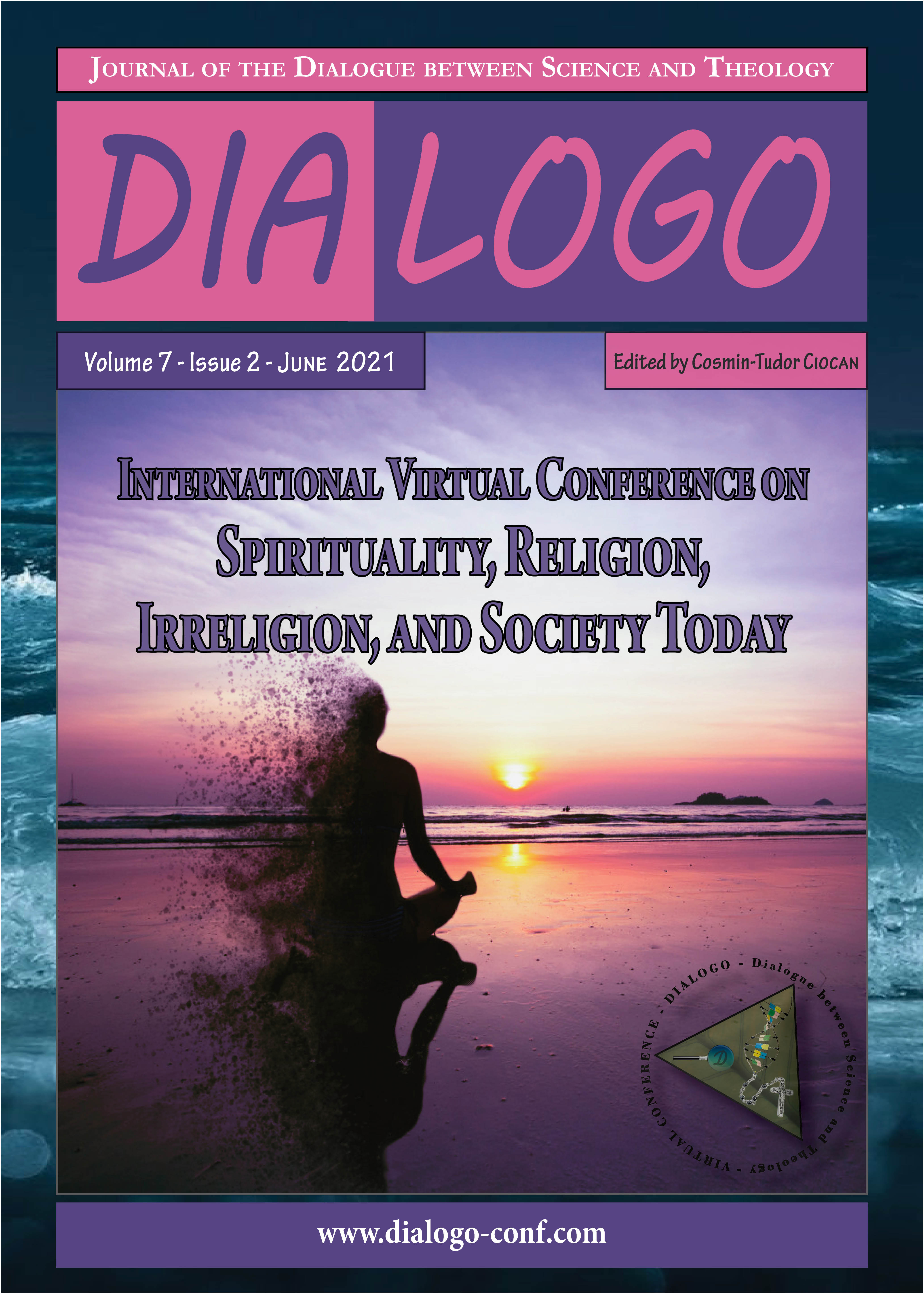Transfer of consciousness
Transfer of consciousness
Considering its possibility or fantasy from the religious and scientific perspectives
Author(s): Tudor Cosmin CiocanSubject(s): Philosophy, Theology and Religion, Comparative Studies of Religion, Religion and science , Philosophy of Religion, Philosophy of Science
Published by: Dialogo Publishing House SRL
Keywords: neurotechnology; neural interfaces; brain; religion; immortality; material body; shedding; possession; inspiration; movies; astral projection; consciousness; awareness; computer; spiritual;
Summary/Abstract: Ancient beliefs such as astral projection, human possession, abduction and other similar are not only universal, taught by all religions, but also used as premises for core believes/expectations, such as after-life, eternal damnation, reincarnation, and many others. Transferring Consciousness to a Synthetic Body is also a feature of interest in our actual knowledge, both religious as for science. If immortality were an option, would you take it into consideration more seriously? Most people would probably dismiss the question since immortality isn’t a real deal to contract. But what if having eternal life was a possibility in today’s world? The possibility of the transfer of human consciousness to a synthetic body can soon become a reality, and it could help the world for the better. Thus, until recently, the subject was mostly proposed by religion(s) and saw as a spiritual [thus, not ‘materially real’ or ‘forthwith accomplishable’] proposal therefore not really fully engaged or trust if not a religious believer. Now, technology is evolving, and so are we. The world has come to a point where artificial intelligence is breaking the boundaries of our perception of human consciousness and intelligence. And with this so is our understanding about the ancient question ‘who are we?’ concerning consciousness and how this human feature sticks to our body or it can become an entity beyond the material flesh. Without being exhaustive with the theme's development [leaving enough room for further investigations], we would like to take it for a spin and see how and where the religious and neuroscience realms intersect with it for a global, perhaps holistic understanding. Developments in neurotechnology favor the brain to broaden its physical control further the restraints of the human body. Accordingly, it is achievable to both acquire and provide information from and to the brain and also to organize feedback processes in which a person's thoughts can influence the activity of a computer or reversely.
Journal: Dialogo
- Issue Year: 7/2021
- Issue No: 2
- Page Range: 189-200
- Page Count: 12
- Language: English

